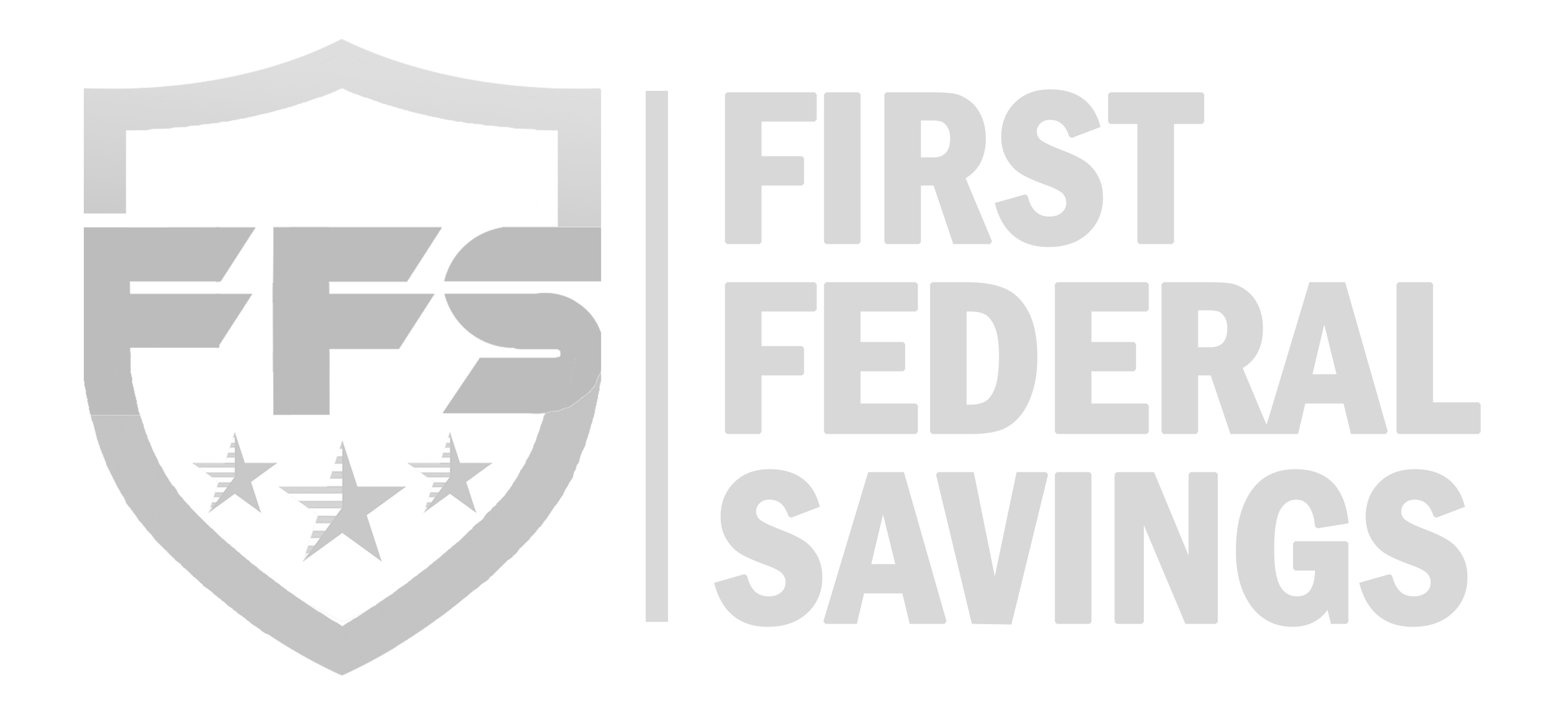ESCROW ACCOUNTS
If you’re an aspiring homebuyer, it’s likely that you’ve heard the word “escrow” — but you might not understand exactly what it means. Or you might be selling your home and have learned that your funds could be tied up “in escrow” until the sale is finalized — but you’re not sure where that leaves you.
Simply put, escrow is an important part of the homebuying process, one that is designed to safeguard your interests and provide a secure framework for completing what is likely to be one of the largest and most important financial transactions of your lifetime.
Instead of having buyer and seller exchange funds or property directly, which could be risky, the real estate industry protects participants in many states by using third-party escrow accounts to hold the funds, documents and assets in the transaction until certain conditions are met. This process is meant to ensure a smooth and fair exchange between the buyer and seller.

How Escrow Works for Homebuying

In homebuying, the term escrow is used in a few different contexts. The most common uses of escrow accounts in the context of real estate are for two types of accounts: one for homebuying and one for taxes and insurance. In some parts of the United States, escrow accounts are referred to as impound accounts.
Escrow Accounts for Homebuying
When buying a home, the buyer deposits money into a neutral, third-party account — the escrow account — for the period of time until the transaction closes. This ensures that the seller receives payment for the property and the buyer receives the title to the property, free and clear of any liens.
Usually, this is the process that is occurring when someone says a home “is in escrow.” It generally means that both parties have agreed to a sale and the process is in its final stages. Escrow accounts are used for closings in about half of the states in the U.S.
Escrow Accounts for Taxes & Insurance
Escrow accounts are also used by lenders to hold the borrower’s money to cover taxes and insurance costs. These types of escrow accounts are commonly called mortgage escrow accounts, since they are built into a homeowner’s monthly mortgage payment.
In states where escrow accounts are used for closings, loans have “impound” accounts for the payment of taxes and insurance. But the purpose of the account is the same, regardless of the name.
A portion of the borrower’s monthly mortgage payment is deposited into this account, and when taxes and insurance bills are due, the lender uses the funds to make the payment on behalf of the borrower. Ensuring these essential expenses are covered reduces the risk of lapsed coverage or unpaid taxes.
Since taxes and insurance costs fluctuate, it’s up to the lender, or the company that manages an existing mortgage, to make sure they are holding the appropriate amount of funding for the account. The amount paid into an escrow account (and the corresponding monthly mortgage payment) can change if the tax or insurance charges change.
The Purpose of an Escrow Account
As mentioned above, escrow accounts are used to ensure good faith during the process of selling a property. An escrow account provides a secure and impartial way to protect both buyer and seller during a transaction by not releasing the funds until all of the deal’s conditions have been met.
This can help prevent fraud, mismanagement and other problems that can arise.
For taxes and insurance, escrow accounts help protect lenders from risk that occurs if taxes and insurance aren’t properly paid. They also make the process of paying these fluctuating annual costs more seamless and simpler for borrowers.

Who Manages an Escrow Account?

An escrow company or escrow agent can manage an account. It’s important to note that the escrow agent is a neutral third party with no ownership or control over the funds or assets.
Their role is to manage the funds per the agreement’s terms and disburse them to the appropriate parties once all the conditions have been met.
The buyer, seller and lender must all agree to the terms of the escrow before placing funds into escrow.
Mortgage servicers handle escrow accounts that are meant to pay taxes and insurance. Remember, these types of escrow accounts are referred to as impound accounts in some states.
Can Money Be Withdrawn from Escrow?
In general, money can only be withdrawn from an escrow account with the consent and authorization of all parties involved, or per the agreed-upon escrow instructions.

How Long Does Escrow Last?

The duration of an escrow period varies depending on the specific terms agreed upon by the parties involved. Typical escrows close in 30 days, but they can range from a few weeks to a couple of months.
What Are Escrow Fees?
Escrow fees are charges associated with the services provided by an escrow agent or company. These fees cover administration tasks, document handling, and managing funds or assets in the account. The specific amount varies based on the value of the transaction and the complexity of the agreement.

What Happens When a Home is in Escrow?

Now that you understand what an escrow account is, it can be useful to understand what it means when someone says that their home is “in escrow.”
When it a home is in escrow, it typically means that both parties have agreed to the general terms for the sale of a house and that the final steps for completing the sale are in motion. This is when the neutral third party steps in to manage the funds in an escrow account until the sale is completed.
Things that might happen when a home is in escrow include:
- Appraisals.
- Home, pest, environmental and other types of inspections.
- Notifications of any issues discovered during inspections.
- Finalization of financing terms after pre-approval.
- Securing of the title report, or a report that guarantees the property is lien-free and ready to be sold.
- A final walkthrough to identify any new damage that might have occurred during the escrow process.
The actual steps that occur during your escrow process will vary based on local laws, the terms of your sale and your lender’s requirements.
What Is Escrow?
Escrow is a legal concept describing a financial agreement whereby an asset or money is held by a third party on behalf of two other parties that are in the process of completing a transaction.
Escrow accounts are managed by the escrow agent. The agent releases the assets or funds only upon the fulfillment of predetermined contractual obligations (or upon receiving appropriate instructions). Money, securities, funds, and other assets can all be held in escrow.
KEY TAKEAWAYS
- Escrow refers to a neutral third party holding assets or funds before they are transferred from one party in a transaction to another.
- The third party holds the funds until both buyer and seller have fulfilled their contractual requirements.
- Escrow is associated with real estate transactions but it can apply to any situation where funds will pass from one party to another.
- Escrow can be used when purchasing a home and for the life of a mortgage.
- Online escrow has been on the rise as a way to offer secure online transactions for expensive items, such as art or jewelry.

Understanding Escrow
Escrow is a financial process used when two parties take part in a transaction and there is uncertainty about the fulfillment of their obligations. Situations that may use escrow can involve internet transactions, banking, intellectual property, real estate, mergers and acquisitions, law, and more.
Consider a company that is selling goods internationally. That company requires assurance that it will receive payment when the goods reach their destination. The buyer, for their part, is prepared to pay for the goods only if they arrive in good condition.
The buyer can place the funds in escrow with an agent with instructions to disburse them to the seller once the goods arrive in a suitable state. This way, both parties are protected and the transaction can proceed.
For real estate, there are two escrow accounts. The first is used when you’re buying a home. The second is used during the life of the mortgage.1
Types of Escrow
Escrow and Real Estate
Escrow accounts can apply to real estate transactions. Placing the funds in escrow with a third party allows the buyer to make a good faith deposit or perform due diligence on a potential property acquisition. Escrow accounts also assure the seller that the buyer is serious about the purchase.
For example, an escrow account can be used for the sale of a house. If there are conditions attached to the sale, such as the passing of an inspection, the buyer and seller may agree to use escrow.
In this case, the buyer of the property deposits the payment for the house in an escrow account held by a third party. The seller can proceed with, e.g., house inspections, confident that the funds are on deposit and the buyer is capable of making payment. The amount in escrow is then transferred to the seller once all the conditions for the sale are satisfied.
Escrow can also refer to an escrow account that is set up at the time of mortgage closing. In this instance, the escrow account contains future homeowners insurance and property tax payments.
A portion of the monthly mortgage payment is deposited into the escrow account to cover these payments. Thus, borrowers that set up an escrow account, if required by the lender (or at their own discretion) will have higher payments than those who do not. However, they will not have to worry about paying the yearly premiums or property tax bills as they’re already paying portions of them monthly into their escrow account.2
Escrow and the Stock Market
Stocks are often issued in escrow. In this case, while the shareholder is the real owner of the stock, the shareholder has limited rights when it comes to the disposal of the stock.
For example, executives who receive stock as a bonus to their compensation often must wait for an escrow period to pass before they can sell the stock. Stock bonuses are often used to attract or retain top executives.
Escrow and Online Sales
Online escrow, like real estate and stock market escrow, protects the buyer and seller from fraud or nonpayment. An online escrow service acts as the third party for online product sales. Buyers send their payments to the escrow service, which holds the money until the product is received.
Once the product is delivered and verified, the online escrow service releases the funds to the seller. Escrow services are best suited for high-value items, such as jewelry or art. The online escrow company charges a fee for the service.
